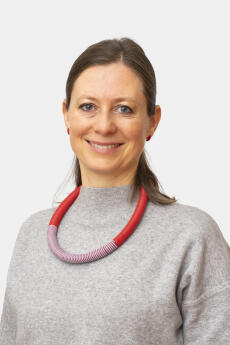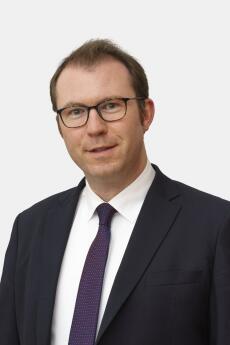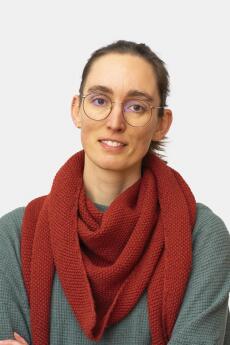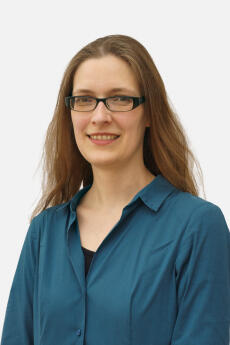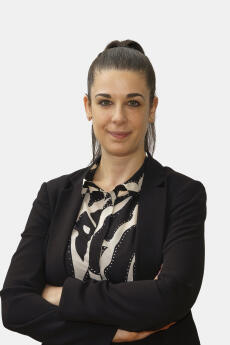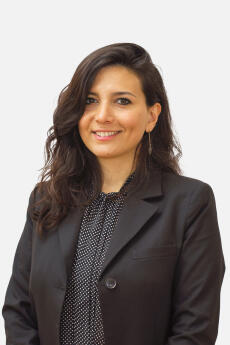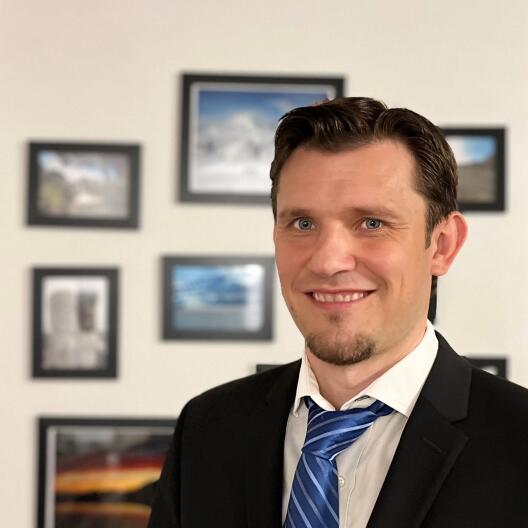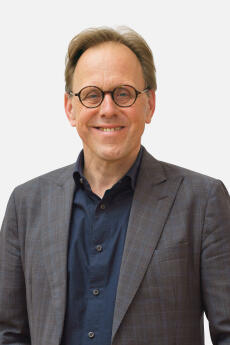
Prof. Dr. Svenja Ahlhaus
(Faculty of Educational and Social Sciences)
Svenja Ahlhaus has been an assistant professor of political theory in the Faculty of Education and Social Sciences at the University of Münster since August 2022. She teaches at the Institute of Political Science (IfPol). Svenja Ahlhaus studied political science and political theory at the Freie Universität Berlin, Goethe University Frankfurt and TU Darmstadt, as well as at University College London.
She received her doctorate in political science from the University of Hamburg in 2018 where she continued working as a postdoc. Research stays took her to the European University Institute in Florence and to the Political Science Department at Yale University.
Her research focuses on democratic theory, especially in connection to citizenship, political representation and legitimate institutional change. Svenja Ahlhaus examines, for example, how decisions on naturalisation tests can claim democratic legitimacy, whether animals should be politically represented and how strategic litigation should be assessed from a democratic perspective. At the University of Münster, she will work in the Cluster of Excellence “Religion and Politics” and conduct research on the democratic challenges of religious plurality.

